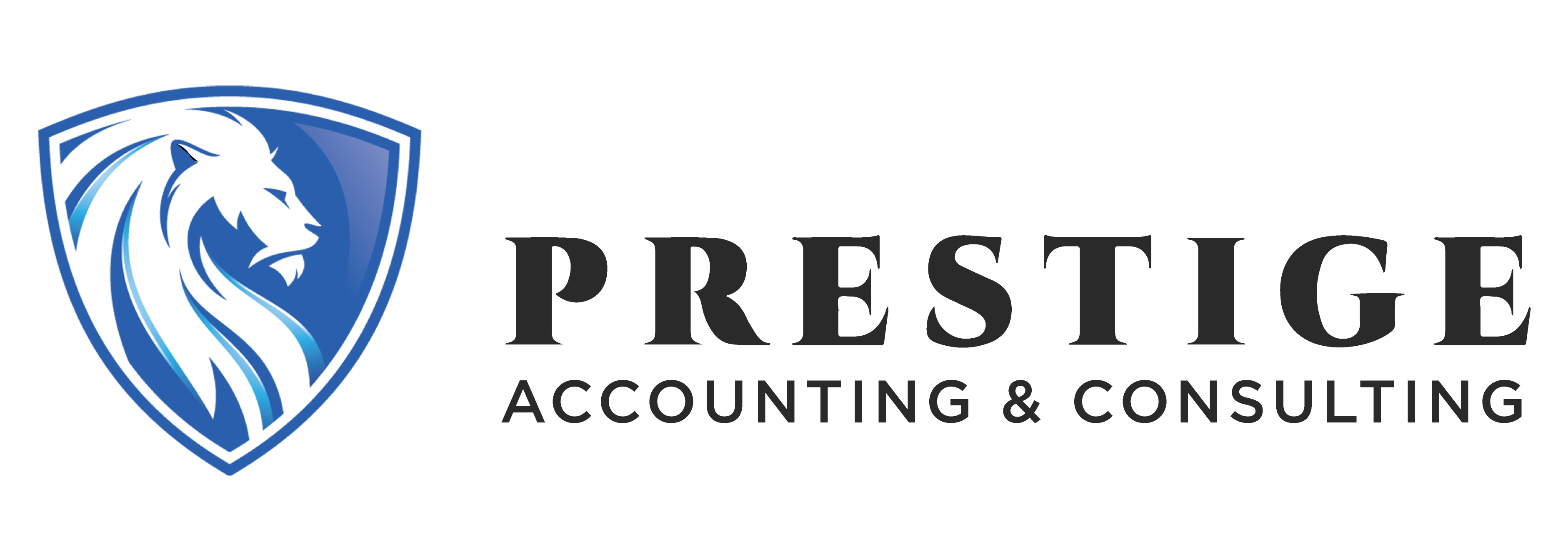
Navigating Legal Frontiers: Crafting Client Connections and Embracing AI Advancements
May 28, 2024
Navigating the Path to Legal Success: The Synergy of Networking Strategies and Online Presence
June 11, 2024
Categories
Tags
- addressing objections
- business litigation
- call to action
- client relationship
- communication techniques
- competitive advantage
- consulting services
- high-value clients
- increased efficiency
- intellectual property law
- legal expertise
- legal industry success
- Legal Marketing
- legal sales mastery
- niche specialization
- persuasive pitches
- sales strategies
- targeted marketing
- training programs
- trust-building
Crafting Persuasive Pitches: The Art of Sales Mastery
In the fast-paced and competitive world of legal practice, mastering the art of sales is essential for success. Whether you’re pitching your services to potential clients or presenting your case in court, the ability to craft persuasive pitches can make all the difference. In this comprehensive guide, we’ll explore the nuances of crafting persuasive pitches, emphasizing communication, value, and client benefits.
Understanding the Power of Persuasion
At its core, persuasion is about influencing others to take a specific action or adopt a particular viewpoint. In the context of legal practice, persuasive pitches are instrumental in winning over clients, judges, and juries. Effective persuasion requires a deep understanding of human psychology, communication techniques, and the ability to articulate your message clearly and convincingly.
Key Elements of a Persuasive Pitch
Crafting a persuasive pitch involves several key elements, each designed to capture the attention of your audience and compel them to take action. These elements include:
- Clear Communication: Start by clearly articulating your message and the value you bring to the table. Avoid legal jargon and complex terminology, and instead, focus on communicating in plain language that resonates with your audience.
- Highlighting Value: Clearly demonstrate the value of your services and how they address the specific needs and pain points of your clients. Use real-world examples and case studies to illustrate the tangible benefits of working with your firm.
- Building Trust: Trust is essential in any client relationship. Build trust by showcasing your expertise, credibility, and track record of success. Share testimonials and endorsements from satisfied clients to bolster your credibility.
- Addressing Objections: Anticipate and address any potential objections or concerns that your audience may have. Be prepared to provide evidence and counterarguments to overcome objections and build confidence in your offering.
- Call to Action: Close your pitch with a clear and compelling call to action, prompting your audience to take the next step. Whether it’s scheduling a consultation, signing a contract, or attending an event, make it easy for your audience to move forward.
The Strategic Advantage of Specialization
In addition to mastering the art of persuasive pitches, specializing in a niche area of law can provide a strategic advantage in the competitive legal landscape. Specialization allows you to focus your expertise and resources on a specific practice area, positioning yourself as a trusted authority and go-to resource for clients seeking specialized services.
Benefits of Specialization
Specializing in a niche area offers several benefits for law firms and individual practitioners:
- Enhanced Credibility: Specialization demonstrates your deep knowledge and expertise in a particular area of law, enhancing your credibility and reputation among clients and peers.
- Targeted Marketing: By focusing on a specific niche, you can tailor your marketing efforts to target a highly relevant audience. This allows you to attract clients who are specifically seeking the services you offer, increasing your chances of success.
- Increased Efficiency: Specialization allows you to streamline your processes, procedures, and workflows, resulting in increased efficiency and productivity. By focusing on a narrow range of legal issues, you can develop specialized expertise and deliver better outcomes for your clients.
- Competitive Advantage: Specialization can give you a competitive edge in the market, allowing you to differentiate yourself from generalist practitioners and command higher rates for your specialized services.
Real-World Examples and Actionable Tips
Imagine you’re a business litigation attorney with a focus on intellectual property disputes. Your pitch to potential clients highlights your extensive experience in navigating complex patent, trademark, and copyright issues. You showcase your track record of successfully representing clients in high-stakes litigation cases, securing favorable outcomes, and protecting their valuable intellectual property assets. By specializing in intellectual property law and crafting persuasive pitches that emphasize your expertise and results, you position yourself as the go-to legal expert for businesses seeking robust protection of their intellectual property rights. This specialized approach not only attracts high-value clients seeking top-tier representation but also establishes you as a trusted authority in the field of intellectual property law.
Conclusion
Crafting persuasive pitches and specializing in a niche area of law are two essential strategies for success in the competitive legal realm. By mastering the art of persuasion and focusing your expertise on a specific practice area, you can enhance your credibility, attract high-value clients, and achieve lasting success in your legal practice.
Ready to Elevate Your Sales Mastery?
If you’re ready to take your sales mastery to the next level and position yourself for success in the legal industry, we’re here to help. Contact us today to learn more about our comprehensive training programs and consulting services designed to help you craft persuasive pitches and achieve your business goals.


